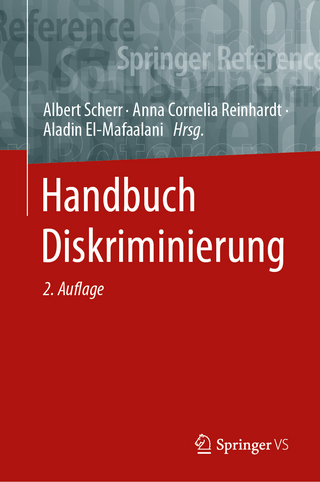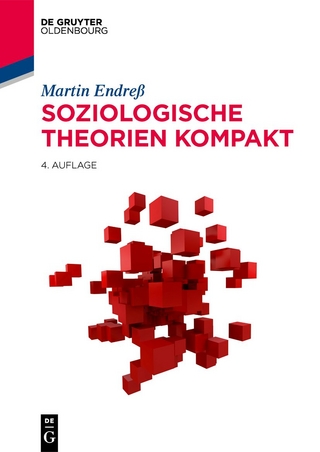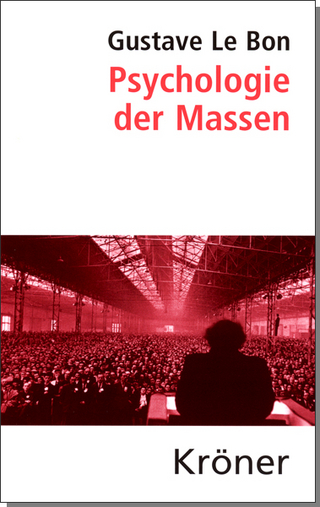
A Study on the Usage of Internet by Working Women of Vadodara City for Performing Their Household Responsibilities
Anchor Academic Publishing (Verlag)
978-3-96067-051-3 (ISBN)
In 2014, India was the third-largest online market with more than 198 million internet users, ranked only behind China and the United States and declaring itself as a market not to be ignored on the global stage. Furthermore, men dominated internet usage with 61 percent, while only 39 percent of women used it. The average daily online usage in India amounted 5.1 hours. There are 345 million users in India, counted in January 2016.
With the growing needs of humans, it has become a challenge for women to fulfill all their responsibilities and to perform all their roles at the same time. Therefore, their dependency on family members, helpers/maids, friends, neighbors, and the media has increased. Media here includes print (i.e. newspaper, magazine, tabloids), electronic (i.e. television, radio), and new media (i.e. internet and mobile technology). This study evaluates how the internet can help working women to perform their household responsibilities.
Naina Khuraniya has completed her Master's degree (M.Sc.) at the Department of Extension and Communication, Faculty of Family and Community Sciences, at the Maharaja Sayajirao University of Baroda. She received the Smt. Jassumati J. Nagrecha Gold medal for excellence in B.Sc. (F.C.Sc.) (Extension and Communication) in 2015. She has been very active in sports and did karate at National Level. She has attended eight national conferences and also presented a paper at the National Conference on Discipline with Dignity and Child Rights, organized by UNICEF.
Dr. Avani Tashkant Maniar is presently working as an Assistant Professor at the Department of Extension and Communication, Faculty of Family and Community Sciences, at the M. S. University of Baroda, Vadodara, India. She has 22 years of teaching experience and is currently coordinating the "Rural Extension Programs" of the department.
She was the programme coordinator of the course P.G. Diploma in Development Management. She is also a panel member of the Ph.D. committee. From 2014-2015, she coordinated the administration of the Fashion Communication Department, Institute of Fashion Design, Faculty of Family and Community sciences, at the M.S University of Baroda, Vadodara.
Her major contribution is in the field of ICT in education and development, focusing on designing and implementing information technology in the formal and non-formal set-up to improve the quality of life of people. Her focus is in community development programmes by using various traditional and modern communication strategies. Media blending techniques and behaviour communication strategies have been incorporated in all her projects to bring change into communities. In the last ten years, her work focused on senior citizens to improve their quality of life. She has published more than 40 papers in international and national referred journals. She also attended and presented papers at international and national seminars.
Text Sample:
Chapter 2.2.1 RESEARCHES CONDUCTED ON INTERNET USAGE BY WOMEN IN INDIA:
Maniar and Chauhan (2016) Vadodara conducted a study on "Usage of internet by women of Vadodara city". The main objective of the study was to find out the reasons for internet usage by women at home and at workplace and how frequently internet was used to avail information regarding their role performance at home and workplace. Population of the study comprised of women of Vadodara city who were married mothers and were using internet regularly. Purposive and snow ball sampling techniques were used to select the sample for the pilot study. One hundred women were selected as the sample of the study. Survey method was used to collect the data.
The findings regarding the usage of internet for performing responsibilities at workplace revealed that:
- Use of internet was very often for responsibilities at workplace like Computer aided tasks, Maintaining Records, Preparing Notes and Reports.
- Further it revealed that Internet was used sometimes for - Training of Subordinates, Teaching, Organizing Recreational and Motivational Activities, Allotting Duties to Subordinates, Maintaining Public Relations, Supervision and Evaluation, whereas it was rarely used for Organizing Staff Meetings.
Thus, it can be concluded that women of Vadodara city used internet as a source for many roles and responsibility at home front and as well as the workplace. It was also revealed that women are aware of the use of internet.
Kumar and Singh (2014)India conducted a study on "Women online shopping: A critical review of literature". The main objective of study is to focus on trend of women online shopping in India. The paper is based on secondary research study. Theliteratures used are the research papers, research reports, books, websites etc.
The findings of the study revealed that:
- The growth in adaptation in online shopping has been observed in the age group of 15- 35 years. The increased number of working lady in this group is one among the several reasons.
- The two most commonly cited reasons for shopping online have been price and convenience.
- In this paper, researcher has found that shoppers, particularly women, are motivated by a variety of different reasons, including socializing and enjoyment.
- Despite the growth of e-retailing, the social needs, particularly of young adult females, are mainly not being met in e-shopping, which tends thus to be dominated by male shoppers.
- Researcher also suggested that young female adults can be segmented into two distinct shopping orientations: utilitarian (minority) and hedonic (majority) shopping orientations.
The implication for online retailers is that they should focus on making the experience of online shopping more accommodating and more user-friendly. This is important because the positive features of online shopping ('convenience', 'usefulness', 'ease of use', and 'efficiency') appear to be more important than the negative features ('lack of security', 'privacy of information' and 'online fraud').
Jain, (2014) Bangalore conducted a study on "A study on online spending dynamics of Working Women professionals in Bangalore City". The main objective of the study was to identify the online shopping trend among working women professionals in the city of Bangalore and to study the satisfaction level of online working women shoppers. The sample of the study was 250 working women professionals in the city of Bangalore. A Structured questionnaire was used for the data collection. Standard Deviation, Mean and 't'- test was used in the statistical analysis of the data.
The findings of the study revealed that:
- Majority of the respondents found online shopping convenient and flexible in terms of time and place.
- The 70% of users perceived online shopping services as 'not complex' and felt that they could easily acquire information on products and services through online shopping.66% of the users were sa
| Erscheinungsdatum | 11.09.2016 |
|---|---|
| Sprache | englisch |
| Maße | 155 x 220 mm |
| Gewicht | 233 g |
| Themenwelt | Sozialwissenschaften ► Soziologie ► Allgemeine Soziologie |
| Sozialwissenschaften ► Soziologie ► Spezielle Soziologien | |
| Schlagworte | Empirical Research • Gender • household management • housework • India • internet usage • Vadodara • Women in India |
| ISBN-10 | 3-96067-051-6 / 3960670516 |
| ISBN-13 | 978-3-96067-051-3 / 9783960670513 |
| Zustand | Neuware |
| Haben Sie eine Frage zum Produkt? |
aus dem Bereich


